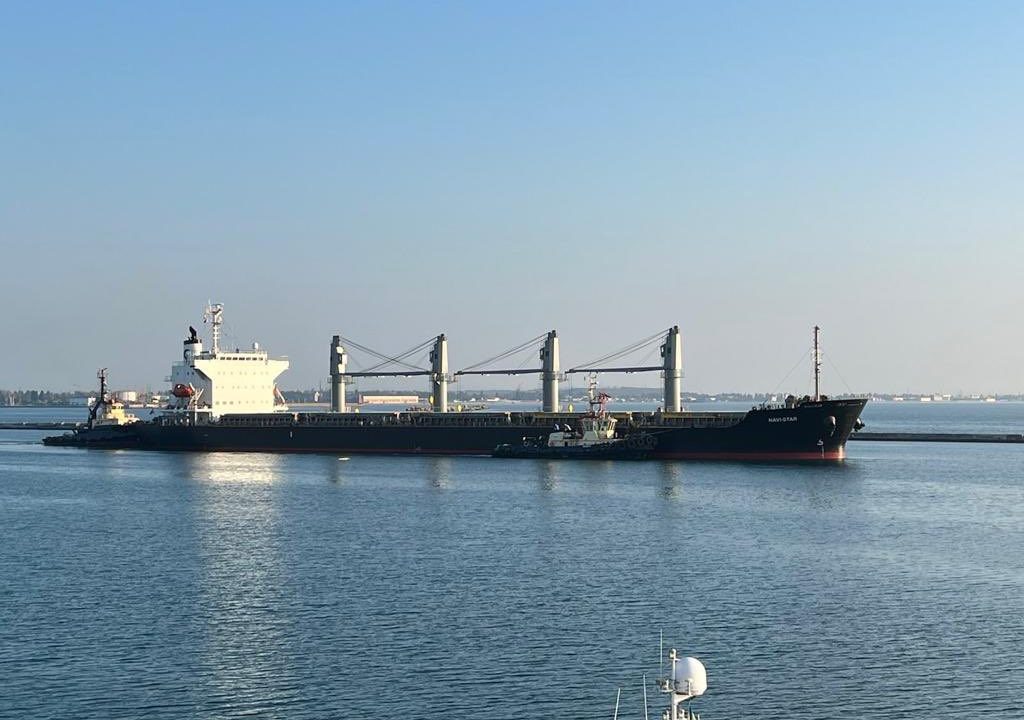Minister for Foreign Affairs, Simon Coveney will view the operation of the Black Sea Grain Initiative and discuss grain exports during a one-day visit to Ukraine today (Wednesday, September 14).
The minister will meet with Ukraine’s foreign minister, Dmytro Kuleba and reiterate Ireland’s continued support for Ukraine and staunch opposition to Russia’s illegal invasion.
At the port in Odesa, Minister Coveney will witness the operation of the initiative, and discuss efforts to export grain and other crops from Ukraine in a bid to ease the global food crisis.
Grain exports resumed after a deal was signed in July following months of intensive talks brokered by the United Nations (UN) and Turkey. A blockade by Russian forces had prevented Ukraine from exporting grain by cargo ship since February 24.
“I will use today’s visit to once again pledge Ireland’s ongoing support for the people of Ukraine. This is my second visit to Ukraine since the invasion began, and it is important for the Ukrainian people to know that Ireland stands firmly behind them.
“As well as the suffering inflicted on the Ukrainian people, this war has also had a catastrophic impact on global food supply,” according to Minister Coveney.
The minister is due attend the UN Security Council meeting on Ukraine in New York next Thursday (September 22), where global food supply will be a major focus of the UN General Assembly.
Minister Coveney visits Odesa along with his Lithuanian counterpart, foreign minister Gabrielius Landsbergis. The minister’s visit to the region will also see him meet with Deputy Prime Minister of Moldova, Nicu Popescu in Chisinau.
Agriculture in Ukraine
Meanwhile, a report by the Ukrainian government, the European Commission and the World Bank shows that Ukraine’s agriculture sector has suffered aggregate losses of almost €28 billion.
The total cost of the war for Ukrainian agriculture is estimated to exceed €30 billion, according to the recently published Rapid Damage and Needs Assessment report.
Lower farmgate prices of export-oriented commodities such as wheat, barley, corn and sunflower seeds accounted for over half of total losses (54%), followed by lower crop production (40%).
As of June 1, 2022, the war in Ukraine has resulted in total damage of over €2 billion for the agriculture sector including destruction of machinery, storage facilities, livestock and perennial crops.
